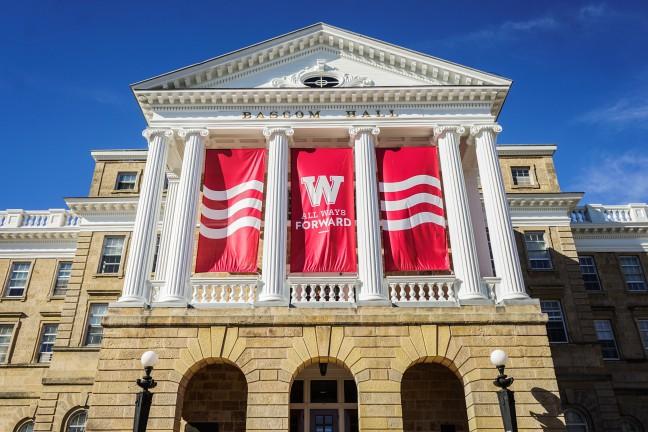Building long-lasting connections between University of Wisconsin-Madison faculty and the state, the Wisconsin Idea seminar seeks to carry UW-Madison’s legacy forward and inspire research.
Wisconsin Idea seminar Director Catherine Reiland said the five-day tour emphasizes the interactions between the people of Wisconsin and the university. Though it began in 1985, the tour still holds a valuable place in the hearts of many UW-Madison faculty members and is a key part of Badger heritage.
“The Wisconsin Idea seminar shows faculty and academic staff examples of the important ways that the people of Wisconsin contribute to the success of the university, and in turn, how the university serves the state to enhance lives of Wisconsinites,” Reiland said.
The 2017 seminar will focus on different aspects of Wisconsin life like the archaeological sites in Trempealeau, La Crosse’s historic pump house and the Kickapoo Valley Reserve. This year’s seminar is particularly different because of its emphasis on state rivers like the Mississippi, Kickapoo and Wisconsin rivers, Reiland said.
UW-Madison’s Office of the Provost organizes and conducts the seminar, Reiland said. It is open to faculty and staff, especially those who are new to Wisconsin. The seminar is also intended to promote the Wisconsin Idea and UW-Madison’s commitment to address the issues found in the state, she said.
“It touched on so many points and made Wisconsin come alive in many ways,” Reiland said. “You feel invested in it.”
Reiland said the seminar helps faculty see the state from multiple perspectives and better understand the differences between Wisconsin’s students. The tour is also an opportunity for faculty and staff to learn about the educational, industrial, social and political realities of Wisconsin.
Previous seminars included trips to the Aldo Leopold Shack and Legacy Center, a dairy farm, the Oneida Nation of Wisconsin, UW-Eau Claire, a juvenile detention facility and Milwaukee, Marianne Fairbanks, assistant professor in the UW-Madison School of Human Ecology.
The seminar also works to encourage interdisciplinary collaboration and drive UW-Madison’s research forward. After completing the tour, UW-Madison German professor Joseph Salmons and other tour participants formed the Center for the Study of Upper Midwestern Cultures. The center investigates different English dialects across Wisconsin known as “Wisconsin Englishes.” This was based on what they learned while being part of the seminar.
Fairbanks said going on the tour provided her with the opportunity to explore the state and also connect with other faculty members.
“It’s certainly one of the best things I’ve done since I’ve gotten on campus,” Fairbanks said. “Most of us are new to Wisconsin, and I think it’s such a great experience for newcomers to the state because as faculty it makes us all feel more connected to what’s happening and understand our research on a deeper level.”
The seminar will begin in May.


